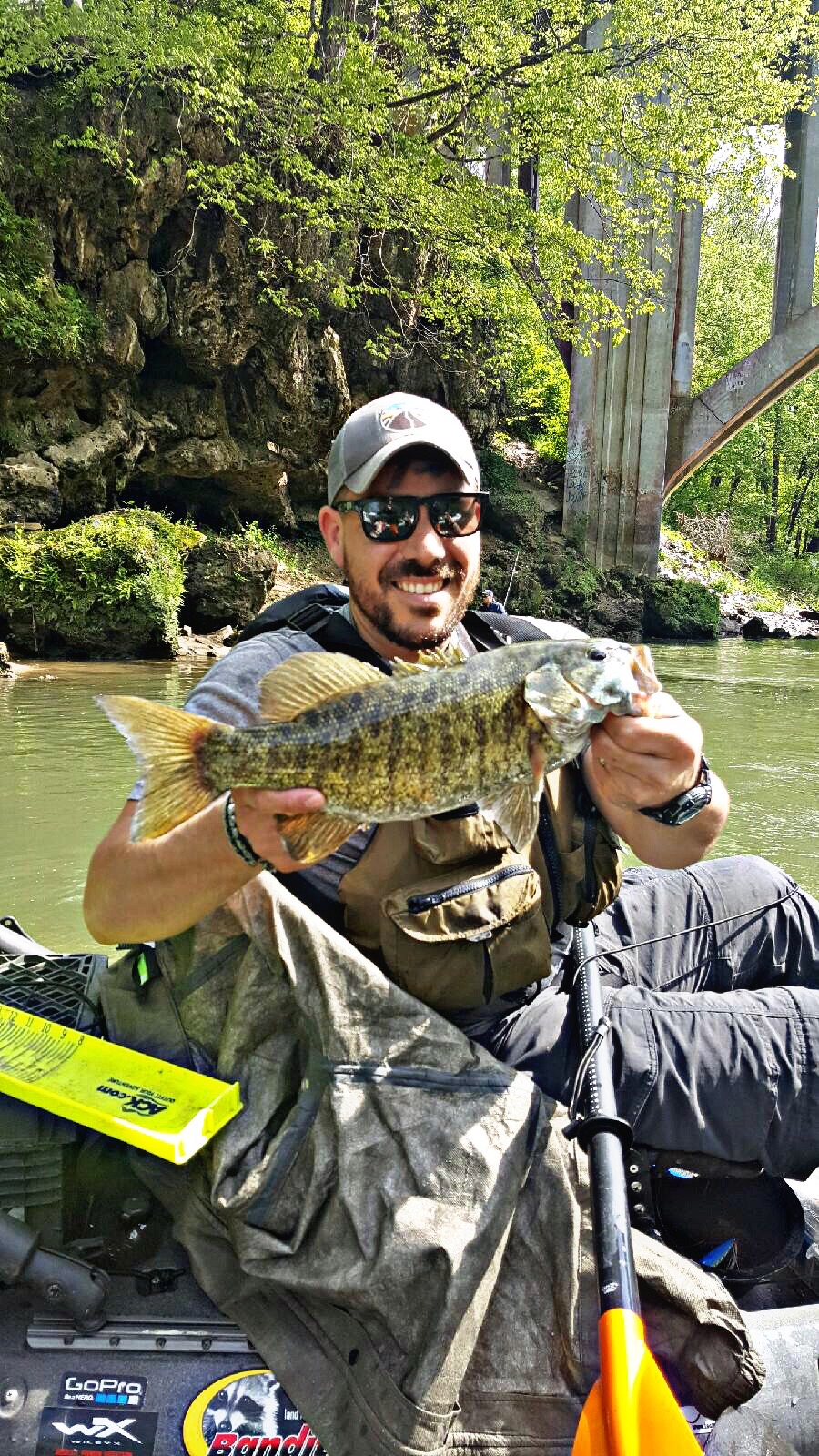Current Breaks Ep. 2: The importance of stealth in fishing
Fishing spans a lot of time, geography, and culture. In its simplest form, fishing is a rod, reel, bobber, hook, and some nightcrawlers. Throw in a couple lawn chairs and some beer and you got yourself a good time. At the other end of the spectrum, fishing has become a very technical, strategic sport. As the technological revolution continues to grow everywhere, it has found its way into the world of fishing. Multiple large touchscreen sonar/GPS units, microchip processors in reels (yes these do exist), and a myriad of 3D printed lures with exotic color schemes are just a few examples of the way technology has changed the way we fish. I personally think that many of these things have their place, while others take some of the skill out of it. I won't go into details here, but I'm sure some can guess a few things that might fit into this category. While leaning on new exciting technology can make a "good" fishermen better, I see a trend of newer anglers buying into the hype before they master the basics. Experience trumps everything in my opinion, and starting basic for at least a few years will make you a better angler in the long run.
Bass boat console or Day Trading office?
This brings me to the subject of this article. Sometimes even experienced anglers can forget about the basics. One of those basic skills/techniques that I have learned to refine over the last few years is the art of stealthiness. I'll admit that the type of fishing I do makes stealth even more important than some other types, (that being fishing shallow, clear rivers), but this concept can be applied to anyone chasing black bass (and many other species).
Keep in mind I started fishing out of a bass boat at an early age. Stealth wasn't exactly a focus. So when I began kayaking and wading for smallmouth, let's just say I learned the hard way. I can remember the early days of doing float trips with my buddy and fellow Quest for 23'er, Chris Vaughan. He would often use the term "shit paddle" when referring to how I would paddle over spots that he deemed held fish. At first I would kind of scoff like, "who does this dude think he is?". Over time I started realizing that he was right. I initially dismissed him because I was still catching fish, but what I realized was I wasn't scaring ALL the fish, I was only scaring the biggest ones (which is obviously not what you want to do).
Low and clear conditions
If you are into smallmouth fishing I highly encourage a book that I have read about a half dozen times. It's titled "Stream Smallmouth Fishing" by Tim Holschlag. Tim is a legend in the realm of river smallmouth fishing. The book is a little dated, but after reading it several times, the biggest takeaway is how much he emphasizes a stealthy approach. An excerpt of the book reads:
"It's hard to overemphasize the need for a cautious approach when wading or floating small waters. Many times over the years , I have been amazed at how easily fish in shallow or clear water can be spooked by an angler casting a shadow over the water or by noisy wading.......Learn how to wade quietly, watch your approach along the bank, and remember that if you can see a bass it can probably see you and has been put on its guard"
This theme is repeated throughout the book numerous times. Over the years I have found a few pointers that I feel need to be recognized when fishing "high visibility" conditions.
- Watch your shadow. This includes the shadow of your kayak, boat, rod, reel....whatever. Think of it this way: When a bass senses a close shadow above, it's usually not a good thing. Eagle/Osprey, River Otter, fisherman....it's usually bad news.
- Fish have great eyesight. If they can see a small lure burning through the water, they can see a full grown man (or woman) pretty easily.
- Lures can scare fish. Yeah, they can....I've seen it. In clear conditions make long casts past your target if possible. Especially big lures. I've seen them scatter a whole school of fish in shallow water.
- Be quiet. Bass do not have great hearing in the sense of hearing noises above the water, but they can feel vibrations very well. Smacking your lure against the water to get the grass off is a poor idea.
- The bigger the bass, the easier they spook. This is a general rule and most likely due to the intelligence of the fish increasing in age. Believe me when I say this: big fish will be the first to leave if they sense danger. They don't get braver with age.
Now, keep in mind there are exceptions to all of these rules. Obviously very turbid water or stained conditions will lend themselves to being more noisy and careless with your approach. I do think we as fishermen scare off more fish than we realize. Remember that next time your on the water, and try to be more ninja, less elephant.
These are the guys we're after...


